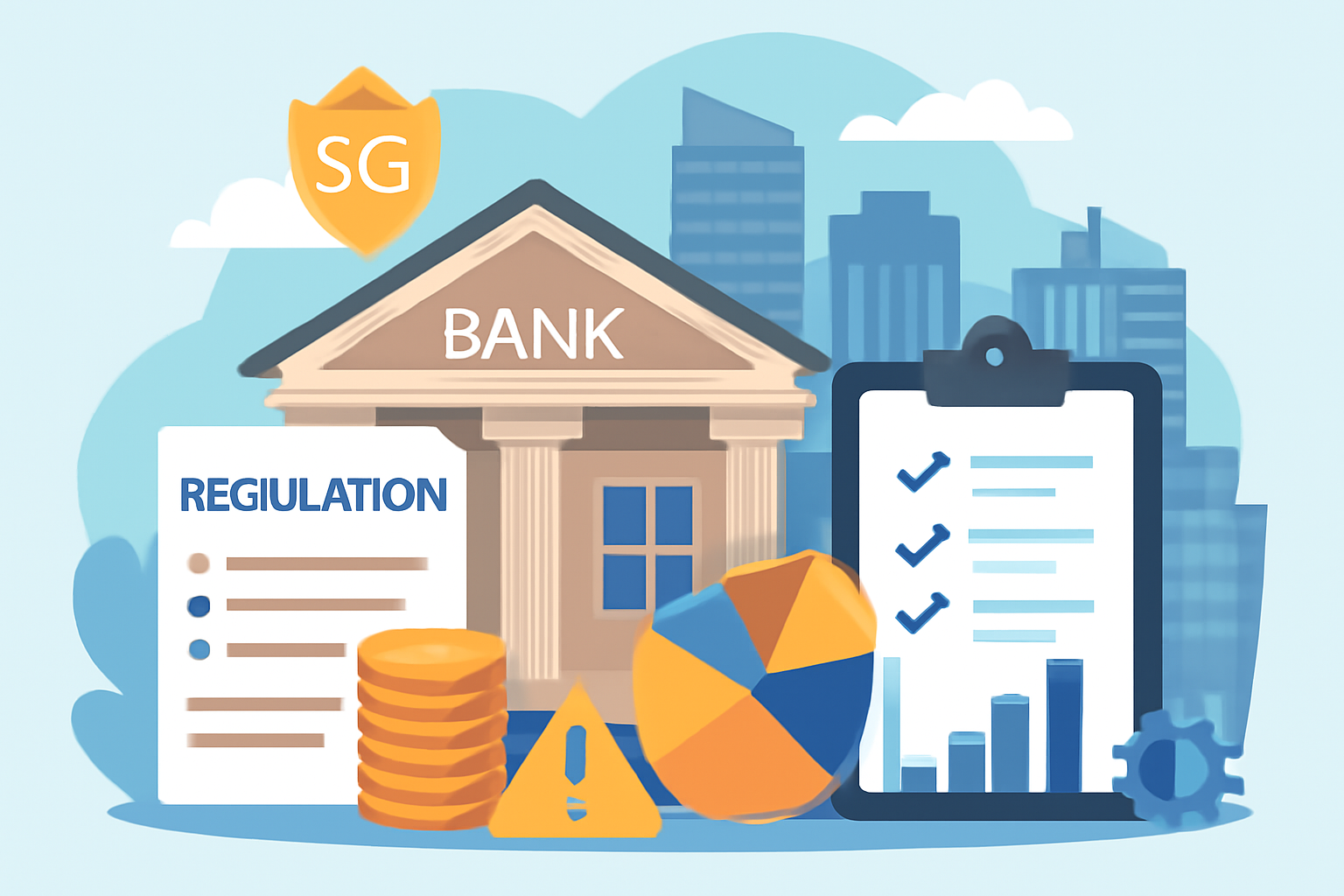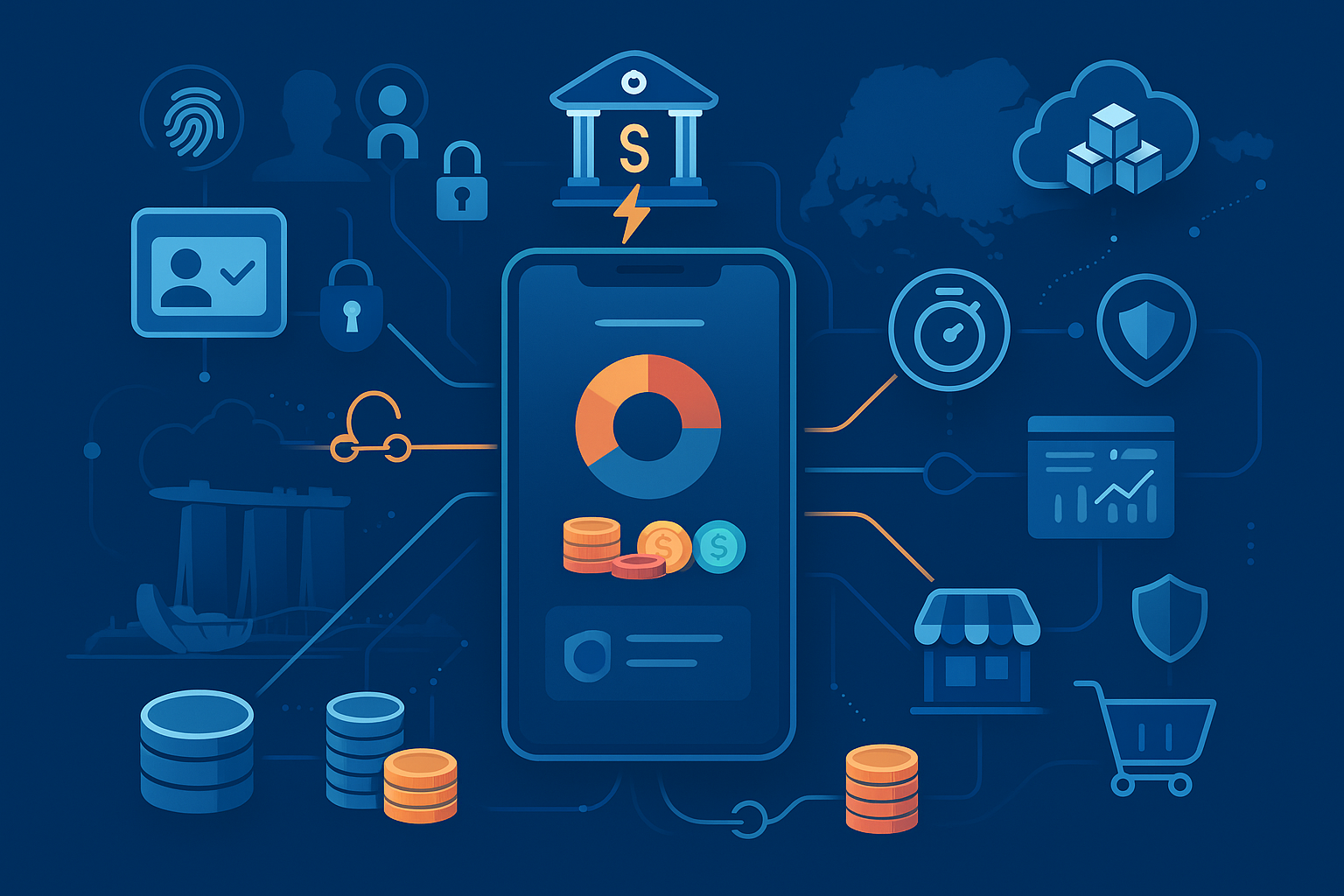The banking sector in Singapore has been profoundly influenced by technological advancements, from the growth of digital banking to the adoption of blockchain, artificial intelligence, and machine learning. The nation’s financial institutions have continuously leveraged these innovations to improve efficiency, customer experience, and competitiveness, solidifying Singapore’s position as a financial hub in Asia.
Digital Banking Expansion in Singapore
In Singapore, the growth of digital banking has been one of the most transformative shifts in the banking sector. With the adoption of mobile apps, customers are now able to manage their financial activities from the palm of their hands. Transactions, loans, bill payments, and investment management are all streamlined through these digital platforms, offering both convenience and security.
The introduction of digital bank licenses in 2020 by MAS further accelerated this trend. The initiative allowed fintech startups and tech giants like Grab and Sea Group to launch digital banks, enhancing competition and driving new levels of innovation in the sector. These new banks are designed to provide greater flexibility, efficiency, and customer-centric products, changing the traditional banking landscape.
Blockchain’s Role in Shaping Banking
Blockchain technology has also become a cornerstone of Singapore’s banking ecosystem. Known for its decentralized and transparent nature, blockchain has enabled faster, cheaper, and more secure financial transactions. MAS has played a leading role in exploring the potential of blockchain through initiatives such as Project Ubin, which seeks to streamline cross-border payments.
In addition to its use in traditional banking, blockchain has also laid the foundation for a robust cryptocurrency market in Singapore. By introducing regulations that ensure security and investor protection, Singapore has become a leading global hub for cryptocurrency trading and blockchain-based financial services.
Artificial Intelligence and Data Analytics
Artificial intelligence and big data are fundamentally altering how banks approach customer service and decision-making. AI has enabled banks to automate routine tasks, offer personalized financial advice, and detect potential security threats in real-time. Chatbots and virtual assistants have also enhanced customer engagement, offering instant support and improving satisfaction.
On the other hand, big data analytics helps banks to understand customer preferences and behavior, allowing for the development of highly tailored financial products. With the increasing use of AI and data, banks in Singapore are able to provide a more responsive, individualized banking experience.
The Future of Singapore’s Banking Industry
Looking ahead, Singapore’s banking sector is likely to continue evolving with the integration of newer technologies. As AI, 5G, and even quantum computing come into play, the future promises even more advanced and efficient financial services. With a supportive regulatory environment, a culture of innovation, and a tech-savvy population, Singapore’s banking industry will remain a global leader in financial technology.















